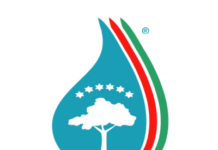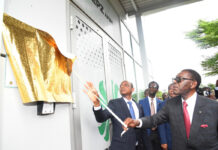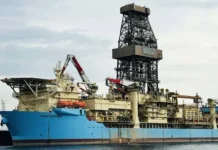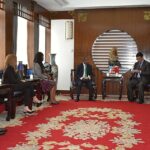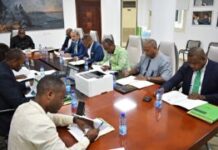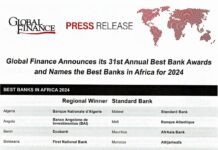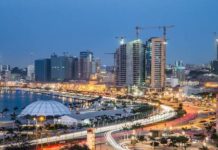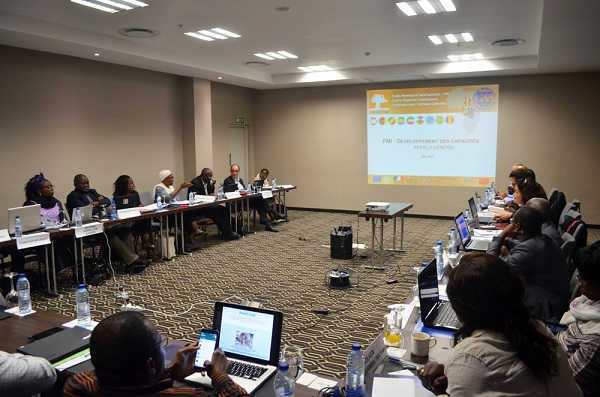|
Getting your Trinity Audio player ready...
|
- End-of-Mission press releases include statements of IMF staff teams that convey preliminary findings after a visit to a country. The views expressed in this statement are those of the IMF staff and do not necessarily represent the views of the IMF's Executive Board. This mission will not result in a Board discussion.
- The country needs to reduce macroeconomic imbalances to more sustainable levels and restore economic growth in order to preserve macroeconomic stability. Discussions on macroeconomic policies and structural reforms have been productive, with good progress made on the policies and reforms that the country needs to undertake.
- To preserve macroeconomic stability and rebuild buffers it is necessary to substantially reduce the fiscal deficit, which would require both increasing non-oil tax revenues and reducing the level of expenditures. An International Monetary Fund (IMF) staff team, led by Lisandro Ábrego, visited Equatorial Guinea from June 7-20 to initiate discussions on a possible program.
At the end of the visit, Mr. Ábrego issued the following statement in Malabo today:
“Like other countries in the region, Equatorial Guinea has been strongly affected by the decline in oil prices that began in 2014, which has been compounded by declining hydrocarbon production. Fiscal and external imbalances have widened and the economy has contracted. The country now needs to reduce macroeconomic imbalances to more sustainable levels and restore economic growth in order to preserve macroeconomic stability. It also needs to increase economic diversification through the development of the non-hydrocarbon sector to achieve sustained, inclusive economic growth.
“We have held discussions on an economic policy package that would help address these challenges. Substantial progress has been made during the visit in terms of gathering macroeconomic data and information on the authorities' policy initiatives. Discussions on macroeconomic policies and structural reforms have also been held and have been productive, with progress made on the policies and reforms that the country needs to undertake. Further economic data and information would be required to continue moving toward the formulation of a full-fledged economic policy package to respond effectively to the country's current economic situation.
“The team and the authorities agreed that to preserve macroeconomic stability and rebuild buffers it is necessary to substantially reduce the fiscal deficit, which would require both increasing non-oil tax revenues and reducing the level of expenditures. Improving the conditions for economic growth outside the hydrocarbon sector and promoting diversification would, in turn, require reforming the business climate to make private investment in this sector more attractive. The team supported the authorities' plans to become a member of the Extractive Industries Transparency Initiative (EITI). It was also agreed that increased and more regular publication of fiscal data and information would be needed to raise fiscal transparency.
“It is expected that policy discussions with the Equatoguinean authorities will continue over the next weeks. The specific details of an economic policy package are expected to be worked out in a subsequent round of discussions.
“IMF staff met with President Obiang Nguema Mbasogo, Prime Minister Francisco Pascual Obama Asue, Minister of Finance Miguel Engonga Obiang, Minister of Mines and Hydrocarbons Gabriel Mbega Obiang Lima, Secretary of State for the Treasury Milagrosa Obono Angüe, other senior government officials, and representatives of the private sector, civil society and the diplomatic community.
“The team would like to thank the authorities and representatives for a cordial and productive dialogue and for their cooperation and hospitality.”


